-
main-collection-product-grid
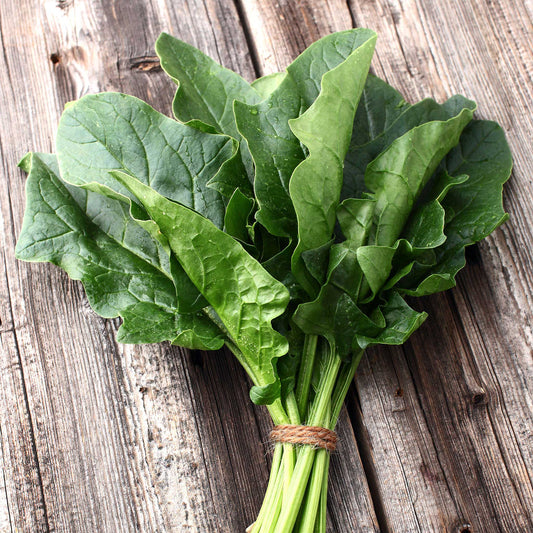
Spinach Seeds - Bloomsdale Long Standing
Slow to bolt variety of meaty, dark green leavesSpinach Seeds - Bloomsdale Long Standing
Slow to bolt variety of meaty, dark green leavesRegular price As Low As $4.99Regular priceUnit price per -
main-collection-product-grid
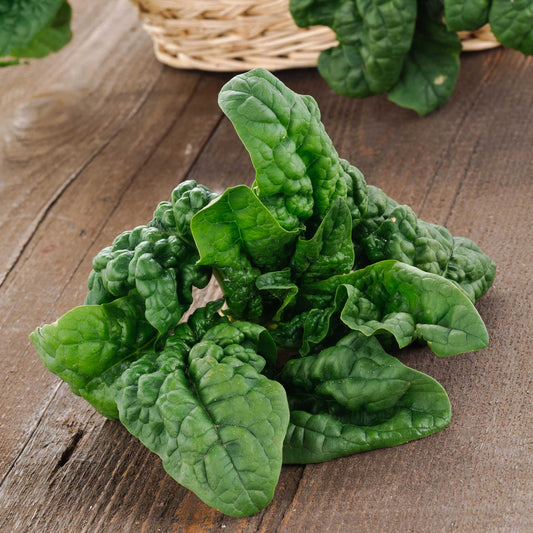
Spinach Seeds - Noble Giant
Retains flavor cooked, canned or eaten freshSpinach Seeds - Noble Giant
Retains flavor cooked, canned or eaten freshRegular price As Low As $4.99Regular priceUnit price per -
main-collection-product-grid
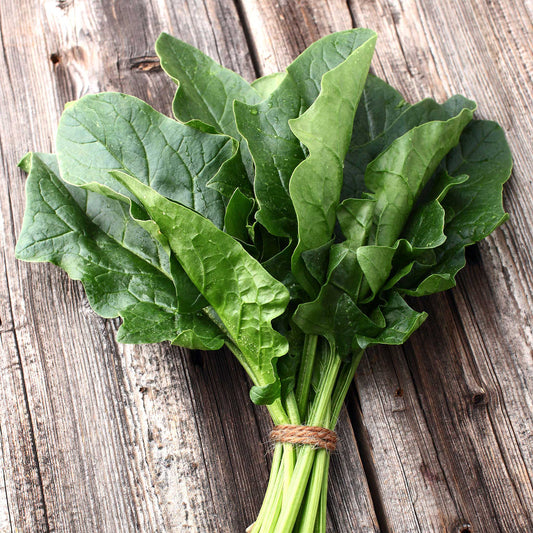
Spinach Seeds (Organic) - Bloomsdale Long Standing
Rich flavor, highly nutritiousOut of StockSpinach Seeds (Organic) - Bloomsdale Long Standing
Rich flavor, highly nutritiousRegular price As Low As $6.99Regular priceUnit price per -
main-collection-product-grid
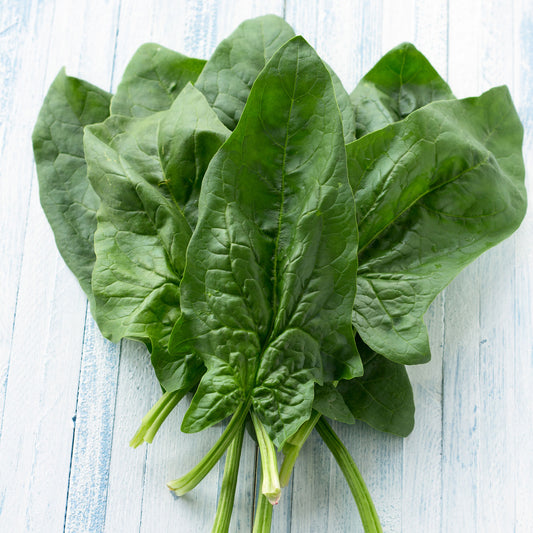
Spinach Seeds - Viroflay
Heirloom variety with large 10-inch leavesSpinach Seeds - Viroflay
Heirloom variety with large 10-inch leavesRegular price As Low As $4.99Regular priceUnit price per -
main-collection-product-grid
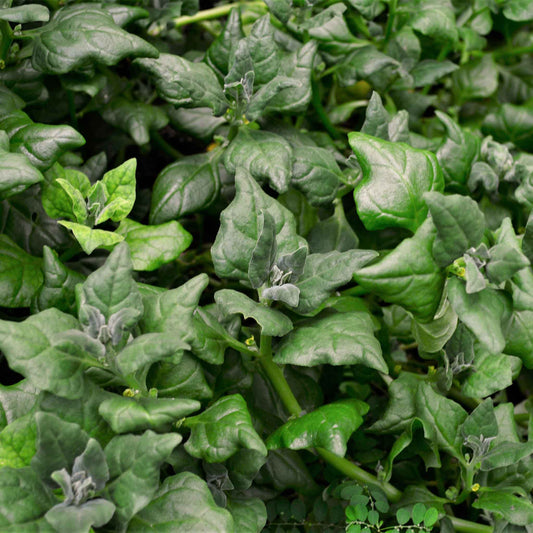
Spinach Seeds - New Zealand
Heat tolerant and highly flavorfulSaleSpinach Seeds - New Zealand
Heat tolerant and highly flavorfulRegular price As Low As $4.99Regular priceUnit price per$46.99Sale price As Low As $4.99Sale
What we love about planting heirloom spinach seeds
- 5 heirloom spinach seed varieties
- Top performers in AAS trials
- Easy to grow and maintain
- Great for microgreens and many other culinary uses
Growing the best fresh heirloom spinach
Heirloom spinach has been a garden favorite in the United States since it was introduced by Europe in the early nineteenth century, and it can be seen on plates all around the world. This versatile green may be used in a variety of meals, from salad to pizza and everything in between, it's even healthier cooked than fresh. Because spinach loses nutrients fast when refrigerated, growing it yourself is the best way to reap the maximum advantages. Enjoy it even in the heat of summer by freezing it while it's still fresh.
How to sow heirloom spinach seeds
Direct sow your heirloom seeds in loose, fertile soil as soon as the earth thaws in the spring to cultivate your own spinach. Plant every 10 days or so till the weather warms up enough for spinach throughout the spring. A second crop of heirloom spinach can be sown in late summer or early fall in temperate areas, and plants can be grown in cold frames long into the winter. In milder climates, sow in the shadow of taller plants like Eden Brothers' Blue Lake FM1K Bean Seeds or any of Eden Brothers' corn varieties to lengthen the spring yield. Grow beside celery or leeks to discourage flying pests, or add a splash of color to your vegetable garden with nasturtiums to repel beetles and divert aphids that may munch on your heirloom spinach crop. Overcrowding the plants should be avoided, and weeds should be smothered by mulch around the roots.
How to harvest heirloom spinach
In as little as six weeks, spinach leaves can be harvested. For cut-and-come-again, cut or select leaves from the outer ring inward, or cut the entire plant off at the base. Salads with young, fragile leaves are delicious, but soups, sautes, and stir-fries with older leaves are preferable. On National Spinach Day, May 26th, add your heirloom spinach to a few dishes or prepare a spinach smorgasbord for yourself. Choose from flat or curly-leaved types, and try Eden Brothers' All American Selections-winning Bloomsdale Long Standing Spinach Seeds for a taste of the classics!
For more information about planting, growing, and caring for heirloom spinach seed, see the Spinach Seeds Planting Guide.




